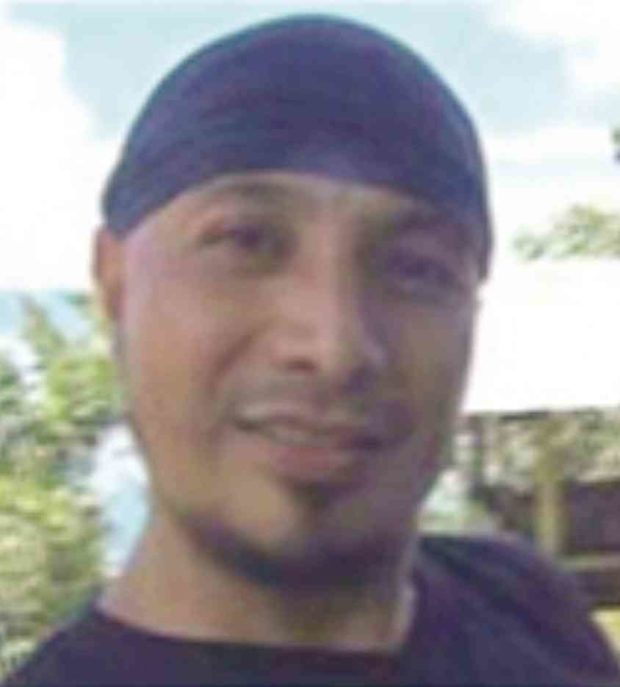COTABATO CITY — The US government is helping the Philippine military confirm whether one of two terrorists slain by Philippine soldiers in Lanao del Sur was Abu Sayyaf leader Abu Dar, one of the Islamic State (IS) followers who led the siege on Marawi City that left more than 1,000 people dead.
Col. Romeo Brawner, head of the Philippine Army’s 103rd Brigade, said on Saturday that American experts were helping Philippine forensic teams confirm the identity of one of the bodies.
Brawner said DNA samples had already been taken from one of the terrorists slain on Friday in Tubaran town, Lanao del Sur.
Dar was believed to be a cousin of the Maute brothers who helped plot the IS occupation of Marawi along with Abu Sayyaf leader Isnilon Hapilon.
Marawi dead
The Mautes and Hapilon had been killed in Marawi, while Dar escaped.
Philippine military intelligence reports said Dar and his group could be hiding in the jungles in the remote towns of Pagayawan, Pualas and Tubaran.
Brawner said one of the identifiable marks of Dar was a scar on the face and wounds suffered during a clash in January with government soldiers.
But Brawner added that it was difficult to determine Dar’s identity through the face of one of the bodies.
“The face was deformed,” Brawner said.
He said the body of one of the slain terrorists had a scar on the back, which could be from wounds inflicted during the January clash.
Dar’s belongings
Brawner said soldiers also retrieved a backpack containing money, a .45-caliber pistol, mobile phones and cameras, which Dar’s followers said belonged to him.
Since March 11, four government soldiers and four terrorists have been killed since the Philippine military stepped up offensives against Abu Sayyaf in Pagawayan and Tuburan.
In Maguindanao, at least 22 members of a faction of Bangsamoro Islamic Freedom Fighters (BIFF) and a soldier were killed in clashes with one of the slain terror suspects believed to be an Arab.
The Maguindanao military operations were targeting the group of Abu Toraife, head of a pro-IS BIFF faction.
Toraife split from the Moro Islamic Liberation Front (MILF), which was also formed by Moro rebels who split from the Moro National Liberation Front of Nur Misuari.
Toraife’s group rejected MILF’s peace deal with the government because it did not call for a separate Islamic republic in Mindanao. —With a report from Divina M. Suson
